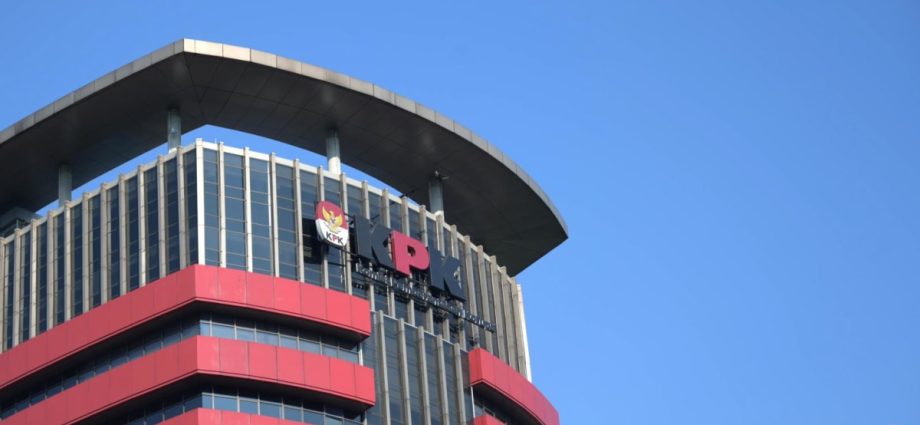
Some NGOs are calling for a cessation in the practice of appointing active military officers to non-military positions.
“The government must evaluate the presence of active military officers in a number of civilian institutions … because it will only create legal controversies whenever a crime involving these active military members occurs,” Mr Gufron Mabruri, director of human rights advocacy group Imparsial, told CNA.
OVERLAPPING JURISDICTION
The military argued that it retains the sole right to investigate and prosecute an active military officer in Indonesia, something which Mr Agus Sunaryanto, coordinator of non-for-profit organisation Indonesia Corruption Watch (ICW), disputed.
Sunaryanto said the 2004 law governing the KPK provides the anti-graft body with the authority to investigate and prosecute a military officer as long as the act of corruption is allegedly committed together with ordinary civilians.
However, the law on military court states a military officer must be prosecuted in a military court. The law was enacted in 1997 and has never been amended.
To accommodate the two conflicting laws, Mr Sunaryanto said the KPK can request for the formation of the so-called “koneksitas” court, an ad-hoc tribunal consisting of civilian and military judges.
“The KPK has never used this authority, and it’s time they should,” he said.
In a video uploaded to his personal Instagram account on last Saturday, Indonesia’s Coordinating Minister for Politics, Legal and Security Affairs Mohammad Mahfud Mahmodin asked everyone to stop arguing who has the right to prosecute the two military officers.
“What matters is what comes next, which is for the law to be enforced against the heart of matter,” he said, adding that he supported the KPK’s move to hand over the case to the military.
President Jokowi, as he is popularly known, told reporters on Monday that he would stay out of the apparent tug-of-war between the KPK and the military as he urged the two bodies to work together.
“I think it is just a matter of coordination. Coordination must be made by all institutions according to their respective capacity based on rules and regulations,” he said.

